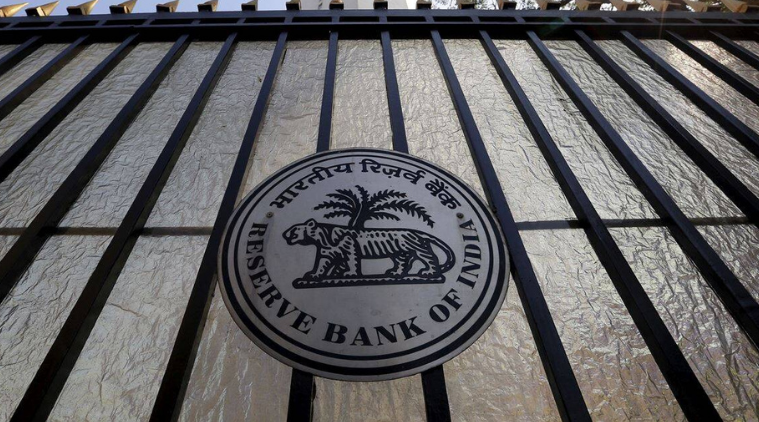What is cryptocurrency? What should one know about this?

To begin with, a cryptocurrency is a type of virtual currency that uses blockchain technology. Cryptography is used in this type of cash. It is decentralised, which means there is no centralised entity to supervise or manage it.
The number of different varieties of cryptocurrencies is constantly growing. As of early 2021, there would be over 4,000 cryptocurrencies, but it is estimated that perhaps the list of top cryptocurrencies controls up to 90% of the industry. Previously, individuals would buy gold as an investment to preserve their income against wage growth. More individuals have discovered Bitcoin to be a superior alternative asset during the last several years. Institutional investors are also transferring their capital into Bitcoin in order to preserve their investments from wage growth.
First and foremost, if you want to invest in cryptocurrency, you must have all of your money in order. This includes having an emergency fund, a moderate level of debt, and, ideally, a diverse portfolio of investments. Hopefully, your crypto investments will become another component of your portfolio, contributing to an increase in overall returns.
Cryptocurrencies are digital currencies established via the use of computer networking software that allows for safe exchange and ownership. The word “cryptocurrency” refers to the cryptographic techniques that have been implemented by developers to avoid corruption.
The blockchain sector is evolving at a rapid pace. Unlike traditional stock exchanges, cryptocurrency exchanges are open 24/7. Even the most seasoned crypto enthusiasts understand the value of ongoing education.
Who is eligible to hold a cryptocurrency?
Cryptocurrency may be purchased by anybody, whether an individual or a business. Cryptocurrency ownership is not restricted in any way.
How to Make Money with Cryptocurrency
The term “cryptocurrency” is derived from the Greek word “kryptos,” which means “hidden or secretive,” and the word “currency,” which is derived from the Latin word “currere,” which means “to run.” The currency is concealed by encrypted data, which can only be viewed with a key. Mining seems to be the method of getting this key.
Mining isn’t as simple as it appears. It is a difficult technique to make money since it requires the use of technological systems, solid internet access, hard work, and a little luck to overcome the encryption.
Paying for cryptocurrency is also another method to earn it. It may be purchased from individuals who have a cryptocurrency and are prepared to exchange it for actual money. Finally, a person may accept cryptocurrency payment for whatever type of service they do.
Cryptocurrency comes with its fair share of dangers.
Since the value that market players place on cryptocurrency is entirely decided by their transaction records, a lack of trust might result in a breakdown of market activity and a sharp decrease in value. As cryptocurrencies are not guaranteed by any financial institution or government, if one falls, they all fall.
Criminals have become accustomed to current methods as the world has changed. Cybercrime is getting more common by the day, and with the rise in popularity of bitcoin, it is quickly becoming a hotbed for it. They mostly target service providers, investors, and storage facilities since the sum will be higher with significant companies and service providers. Furthermore, when the thief obtains the credentials to the wallet, catching them is quite tough. They can use the currency in the same way that the owner does.
If a user’s login keys are stolen, lost, or destroyed, there is no way to retrieve cryptocurrency.
An approach with high risk and a great reward.
Cryptocurrency first appeared in 2009, if a person had placed only 1000 rupees in it at the time. He’d be a billionaire by now. However, the cryptocurrency market is now quite high, and it may either continue to new highs or collapse from here. Investors cannot put their trust in any agency; there is none to monitor or manage cryptocurrency transactions. The price of bitcoin is very unpredictable, and forecasting market activity is nearly impossible.
In terms of cryptocurrencies, the government has a plan.
The Indian government has made it plain that it does not want cryptocurrencies to be used as legal cash. Furthermore, they wish to deter their nationals from investing and transacting in such matters.
From July 2018 through March 2020, banks prohibited the use of cryptocurrency. The prohibition was removed by the Supreme Court on March 4, and the administration should really have learned from that case that they cannot impose a complete prohibition on cryptocurrencies.
A committee was created to investigate the usage of cryptocurrencies and any necessary safeguards, restrictions, or regulations. On February 28, 2019, the committee presented its report, which recommended the restriction of all individual cryptocurrencies, excluding state-issued digital currencies.
In India, what is the current state of cryptocurrency?
It’s worth noting that there is presently no legislation in India prohibiting the use of cryptocurrencies. It is absolutely legal to possess and trade in cryptocurrencies.
There was a restriction on financial companies not supporting bitcoin transactions, but the RBI circular was overturned on March 4 by the Supreme Court, and since then there has been no legal or regulatory structure governing cryptocurrencies to this day. It’s also worth mentioning that it isn’t an official currency.
In Section 26 of the Reserve Bank of India Act, 1934, legal money is described as “insured by the government.” So, in order to declare cryptocurrencies legal money, the government must publish a notice in the official Gazette, but it cannot be legally enforced until then.
What steps may be taken?
India, like all other countries, needs a regulatory framework. It is no secret that there are many Indian investors who are interested in bitcoin and are waiting for their chance, but the government does not want them to continue. The government must recognise that this might be the instrument that the Indian economy has been waiting for.
At first glance, the government is solely concerned with the negative aspects of cryptocurrency, such as its potential use for illegal activities such as financial fraud and terror financing, but it may reduce these negatives by establishing a framework to manage the usage of cryptocurrencies.






